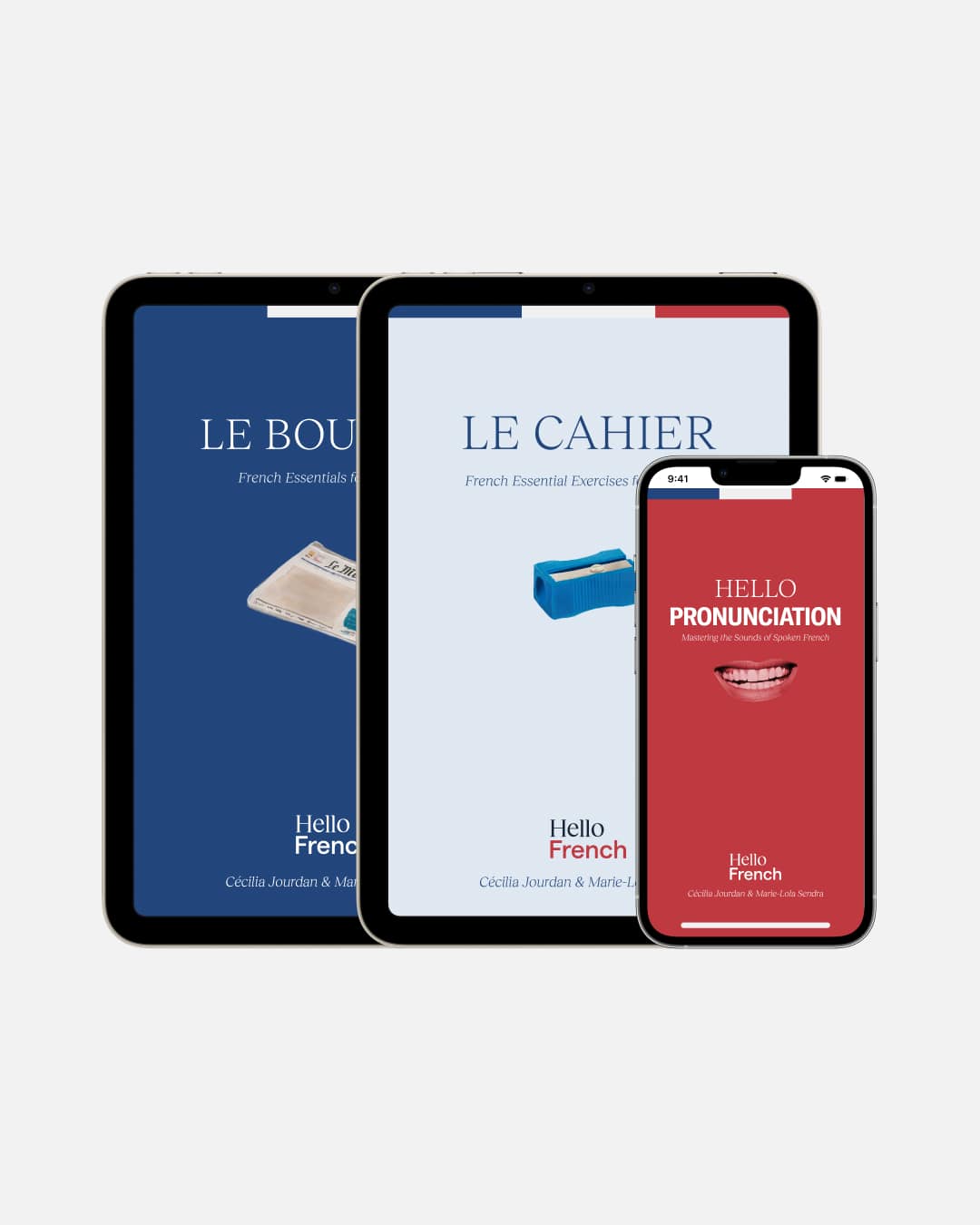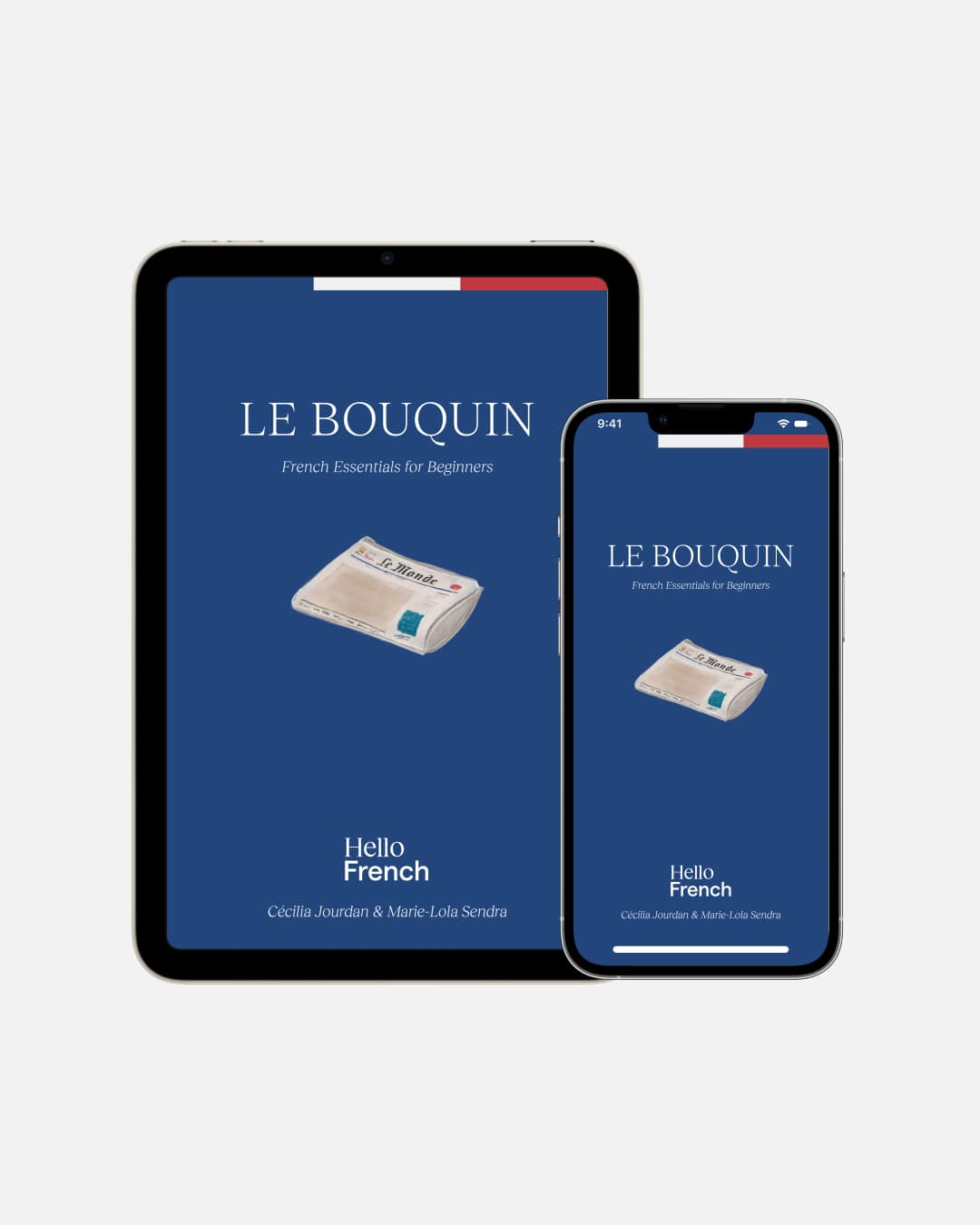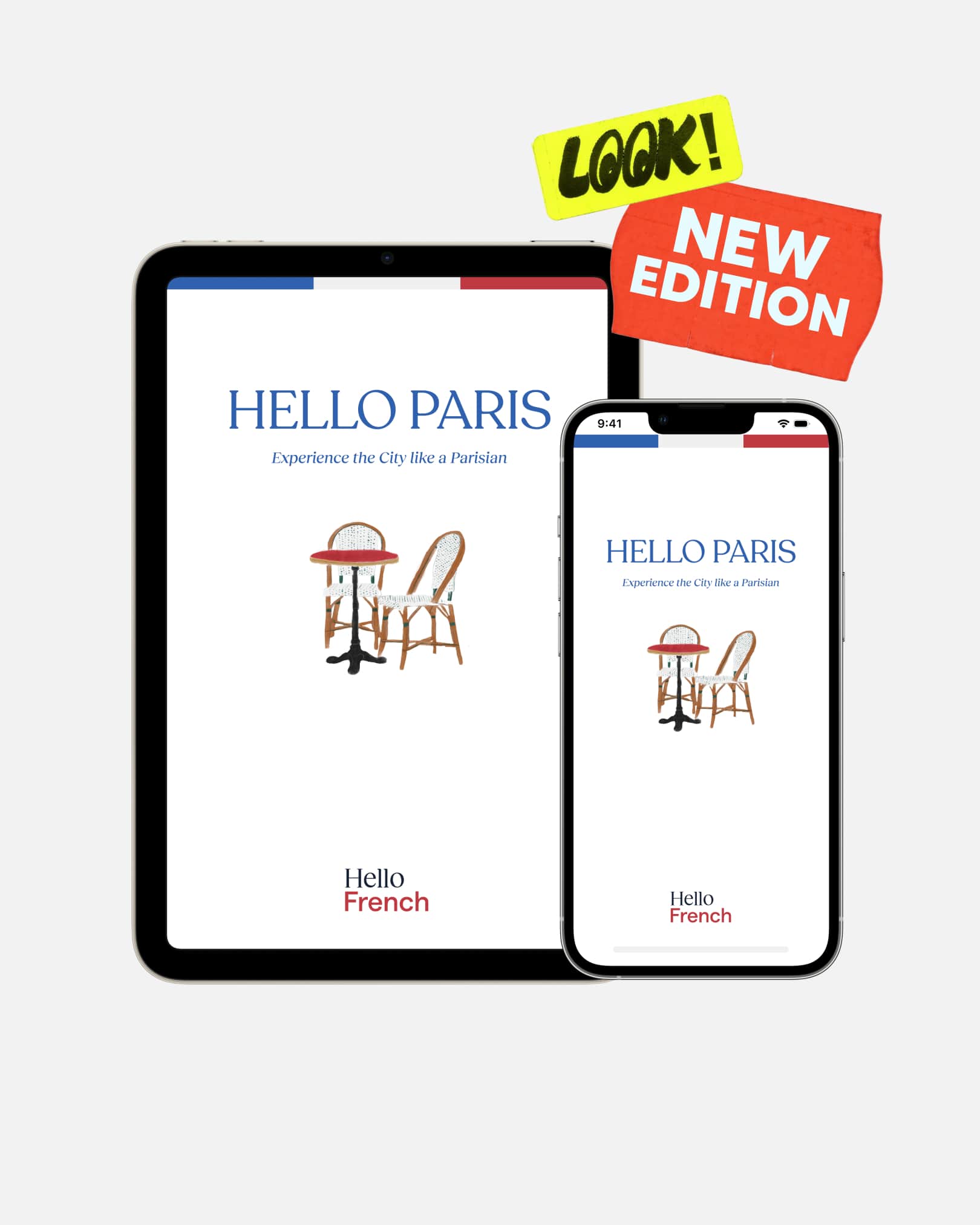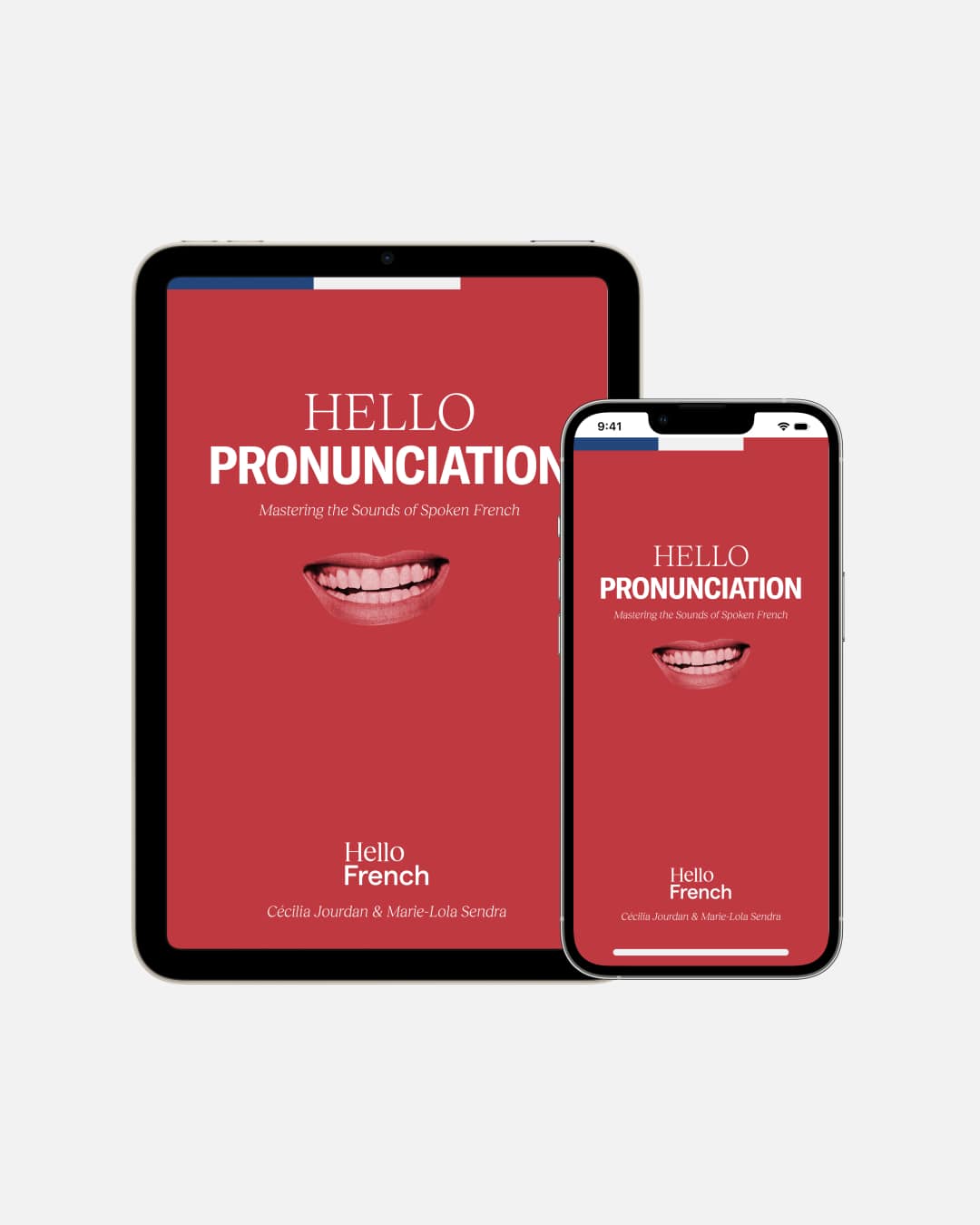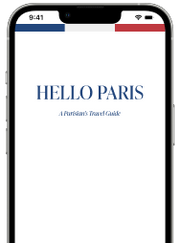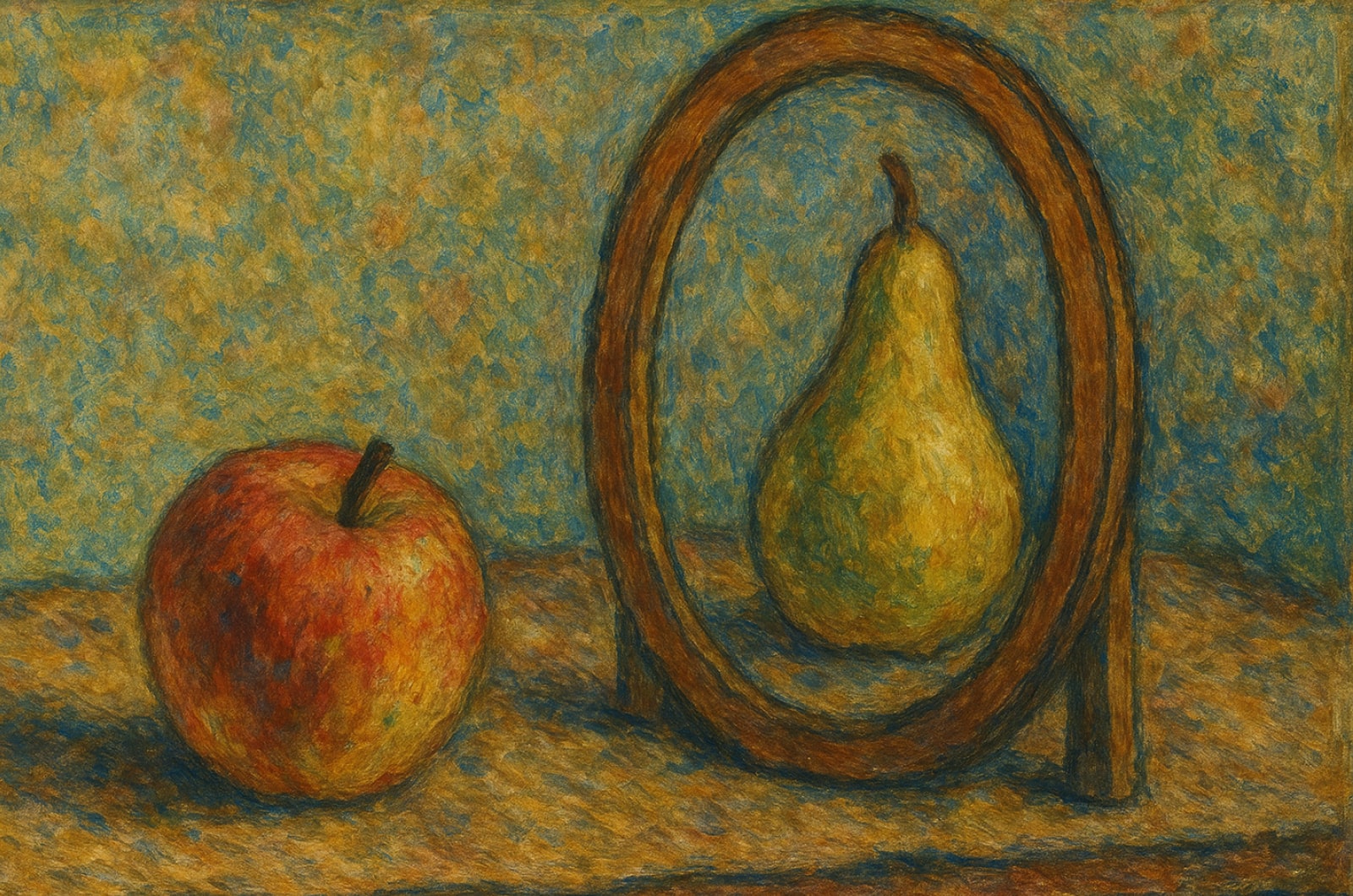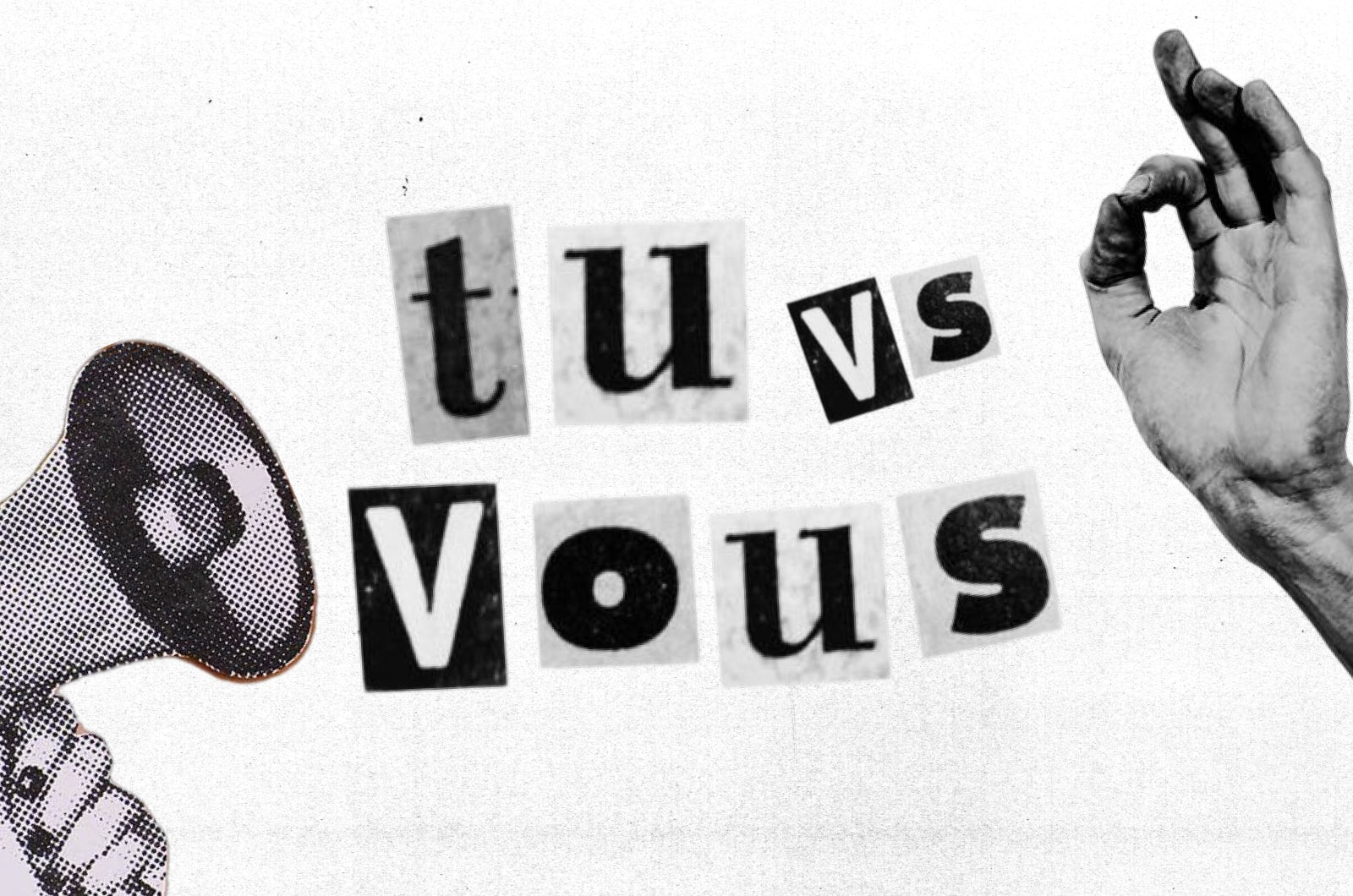Bonjour! So, you’ve nailed 'bonjour' and 'merci,' but now you’re stuck in that classic French dilemma: should you use 'tu' or 'vous' with the person you've just met? Don't sweat it—most French learners have been there! In French, choosing between tu (informal “you”) and vous (formal “you”) is more than just a grammatical decision; it’s also a window into French culture, etiquette, and social dynamics.
French writer Géraldine Dormoy explores all this in her article, “L'élégance du vouvoiement.” I highly recommend reading it if you have an intermediate+ level of French!
Basically, think of tu and vous as the difference between texting a friend with “hey what’s up” versus emailing your boss. It's all about the vibe between you and the other person. Also, the transition from vous to tu often signals an evolving relationship. This shift is sometimes marked with the phrase: On peut se tutoyer ? (Can we use tu with each other?)—an invitation to a more relaxed connection.
When to use vous:
-
You’re meeting someone for the first time. Bonjour, comment allez-vous ? (Hello, how are you?) is your polite conversation starter with strangers.
- Talking to your boss, teacher, or your friend’s grandmother. For example: Madame Dubois, pourriez-vous m’expliquer cet exercice ? (Madame Dubois, could you explain this exercise to me?). It shows respect to authority figures and people who are older than you.
-
Speaking to a group of people. Vous voulez aller au cinéma ce soir ? (Do you want to go to the cinema tonight?) works whether you’re addressing your friends or a formal committee. When in doubt, remember: multiple people = vous (even if they’re your besties).
- At shops, restaurants, or official places. Excusez-moi, où sont les toilettes s’il vous plaît ? (Excuse me, where’s the bathroom please?) is a very helpful phrase for travel. The person behind the counter doesn’t need to be your BFF.
When to use tu:
-
Hanging with friends and family. Tu veux une autre bière ? (You want another beer?) is perfect for your buddy from French class or your host brother.
-
Talking to kids. For example: Tu aimes les dinosaures ? (Do you like dinosaurs?). Adults always use tu with children, no matter whose kids they are.
-
When someone specifically tells you to. If someone says, “On peut se tutoyer” (We can use tu), consider it your ticket to a more casual tone.
- Among classmates and peers your age. For example: T’as compris ce que le prof a dit? (Did you understand what the teacher said?) Young people typically use tu with each other pretty quickly.
The vous vs. tu cheat sheet
- Starting a new job? → vous
- Chatting on a dating app? → Probably tu
- Ordering at a restaurant? → vous
- Talking to your friend’s 5-year-old? → tu
- In a Facebook group? → vous (unless the group vibe suggests otherwise)

When in doubt
If you're uncertain, always start with vous. It’s easier to transition to tu later than to switch back to vous after using tu inappropriately. Premature use of tu can be perceived as disrespectful.
However, remember that French speakers understand you’re learning and will appreciate your efforts to follow their cultural norms—even if you make mistakes.
I hope this helps clear up any vous vs. tu confusion!
À bientôt (see you soon)!
—Cécilia & the Hello French team

Looking to go further?
Want to master these French social rules and more? Check out our Beginner Bundle, my comprehensive language guides that covers all the essentials to navigate French conversation with confidence. No more awkward “tu/vous” moments!
